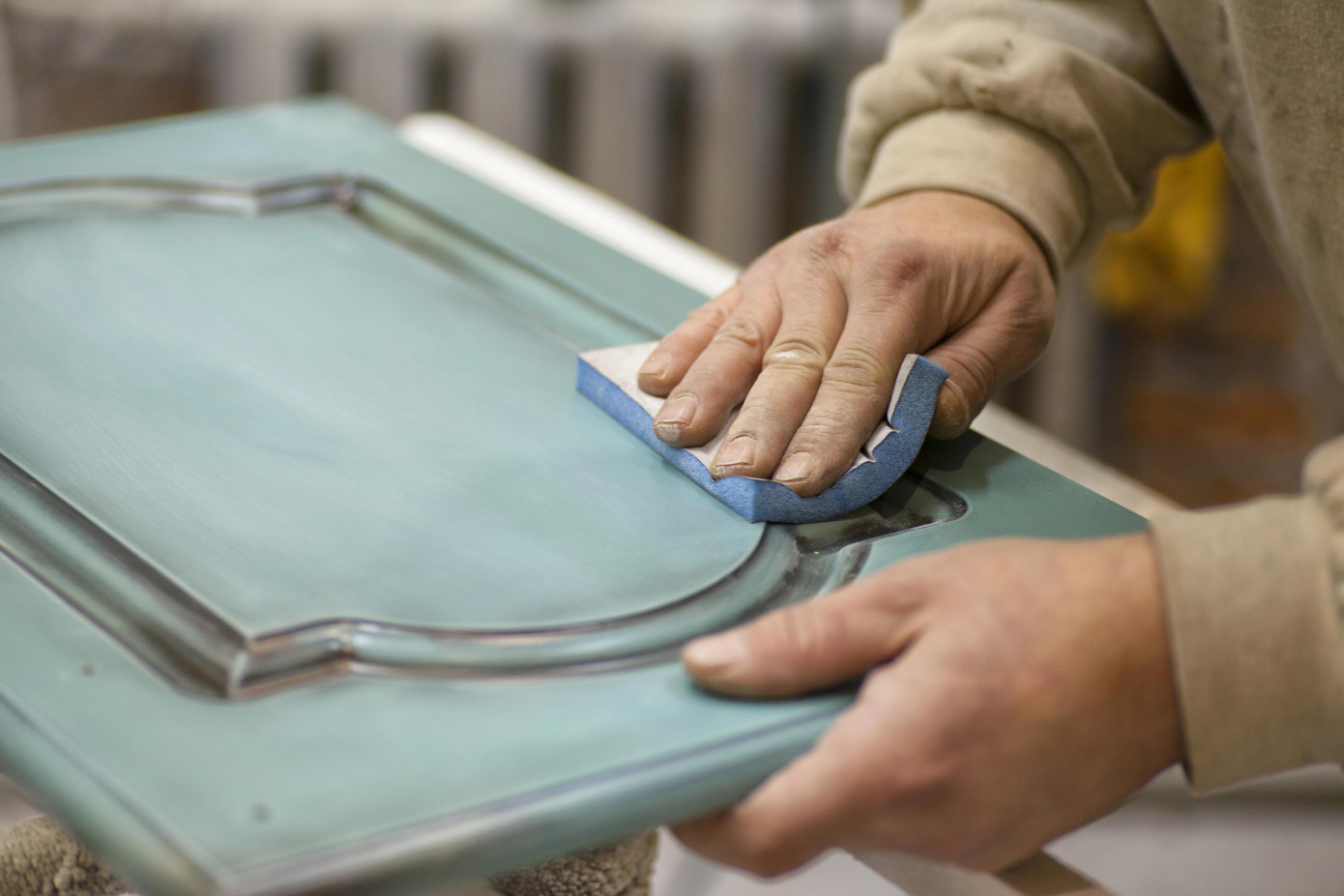New U.S. tariffs on imported furniture components are shaking North Carolina’s struggling manufacturing sector, forcing price hikes and raising concerns about labor shortages. Once the hub of U.S. furniture production, North Carolina’s Piedmont region has seen decades of decline, shedding tens of thousands of jobs as manufacturers offshored operations and cheaper Chinese imports dominated the market.
The latest tariffs, which took effect in October, impose a 25% duty on imported lumber, upholstery, and kitchen cabinetry. Industry executives expect import volumes to decline as costs rise. Bassett Furniture, which makes or assembles 80% of its products domestically, raised prices in July. The company dropped many of its China-sourced fabrics and is now facing higher costs for parts from Vietnam and India.
A spokeswoman for Ethan Allen told WSJ the company now produces 75% of its furniture in North America, including in Mexico and Honduras. CEO Farooq Kathwari said the firm reduced warehouse space and staff by 35% over six years, focusing on customization and higher-quality domestic orders to compete with offshore rivals.
The broader global supply chain remains critical. Fairfield Chair Co. in Lenoir, N.C., which employs 450 people, is training new upholsterers through local colleges, but rebuilding lost workforce skills may take years. Furniture employment in North Carolina fell from 90,000 in 1990 to just over 30,000 by 2010, according to federal data.
Some companies plan to localize their supply chains and expect to pass higher costs onto consumers. Industry observers warn that tariffs could rise to 30% or more, adding further strain on costs and product availability.
